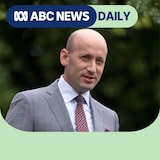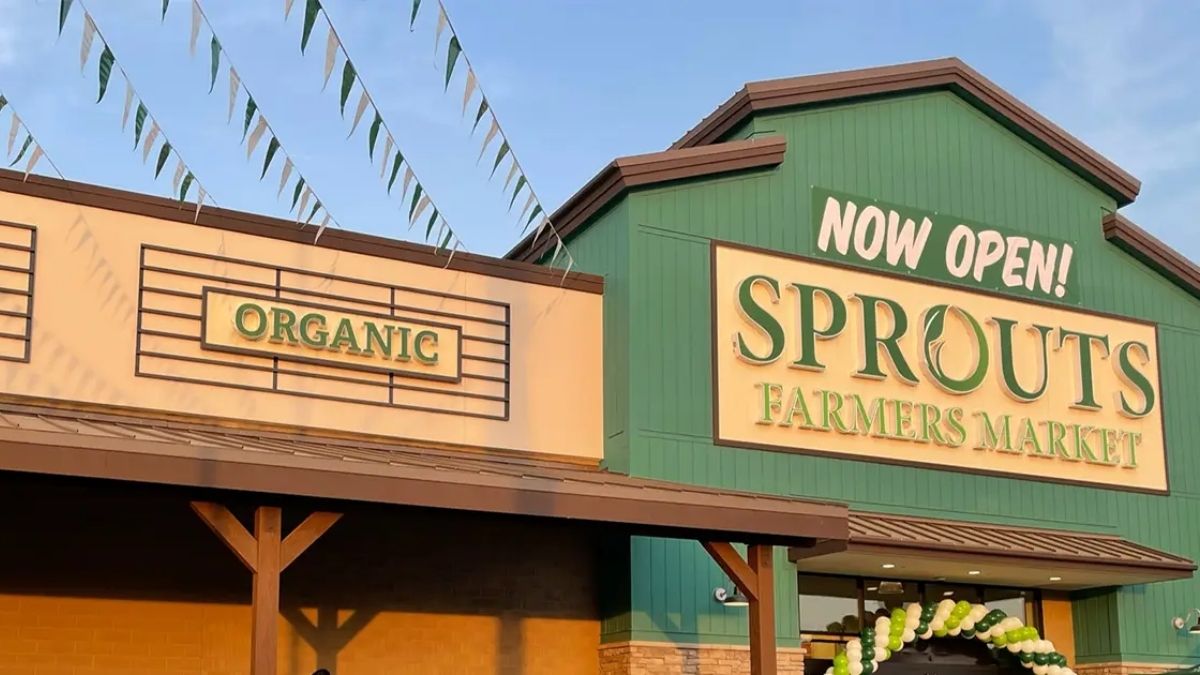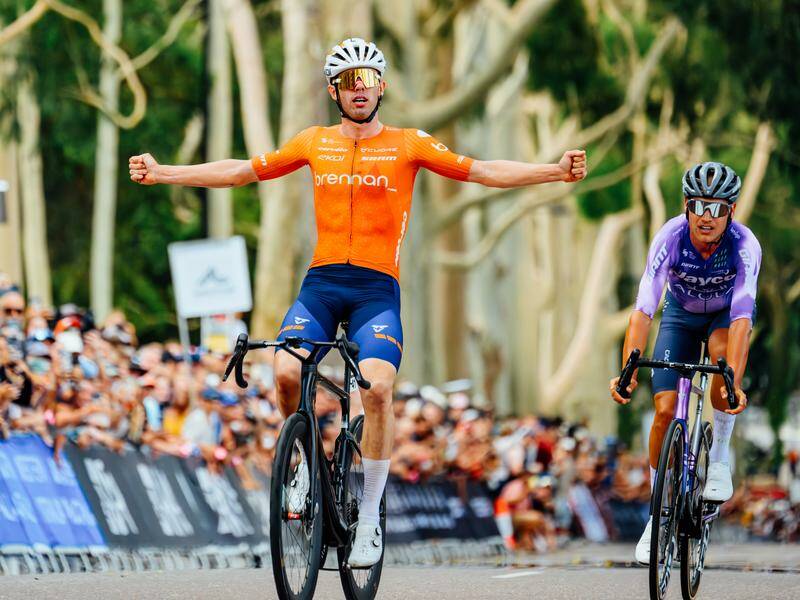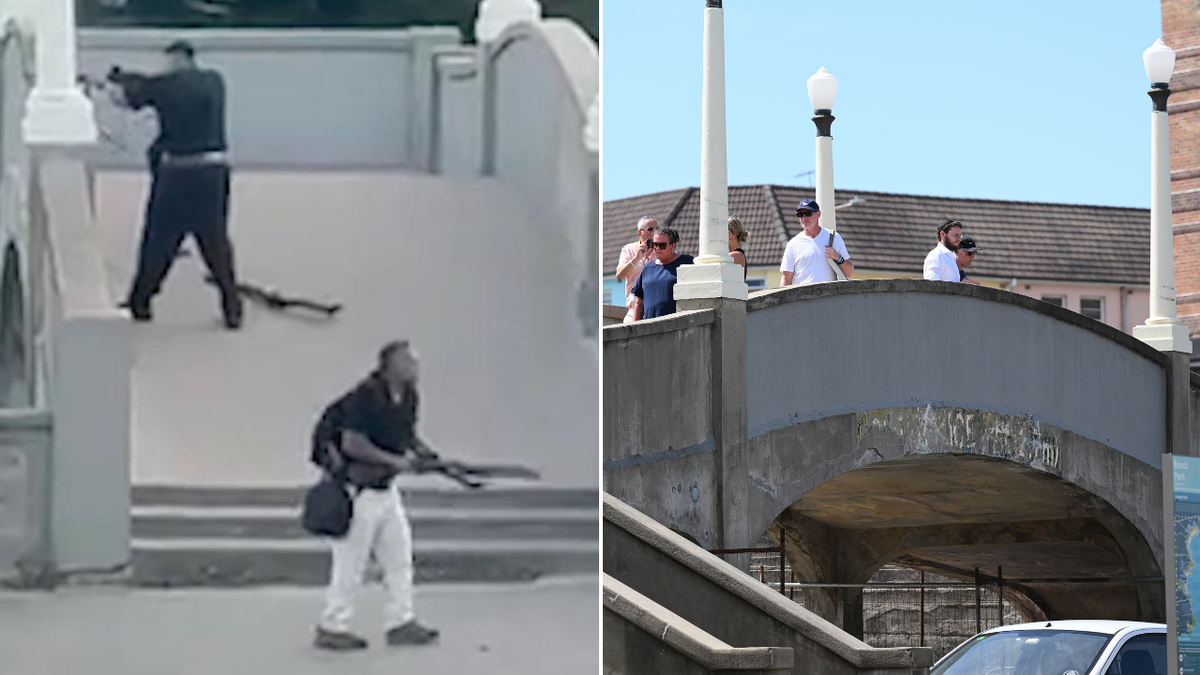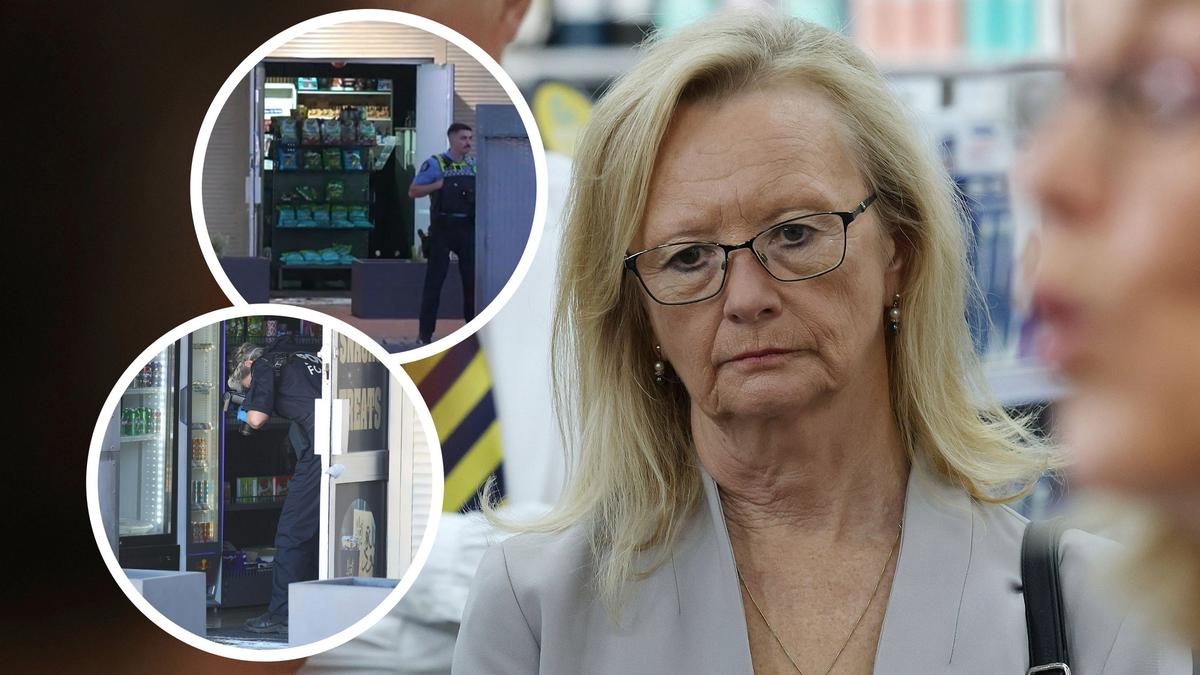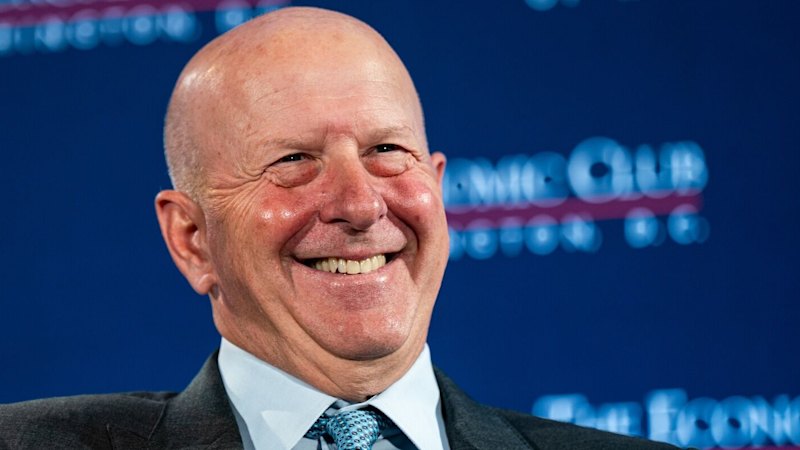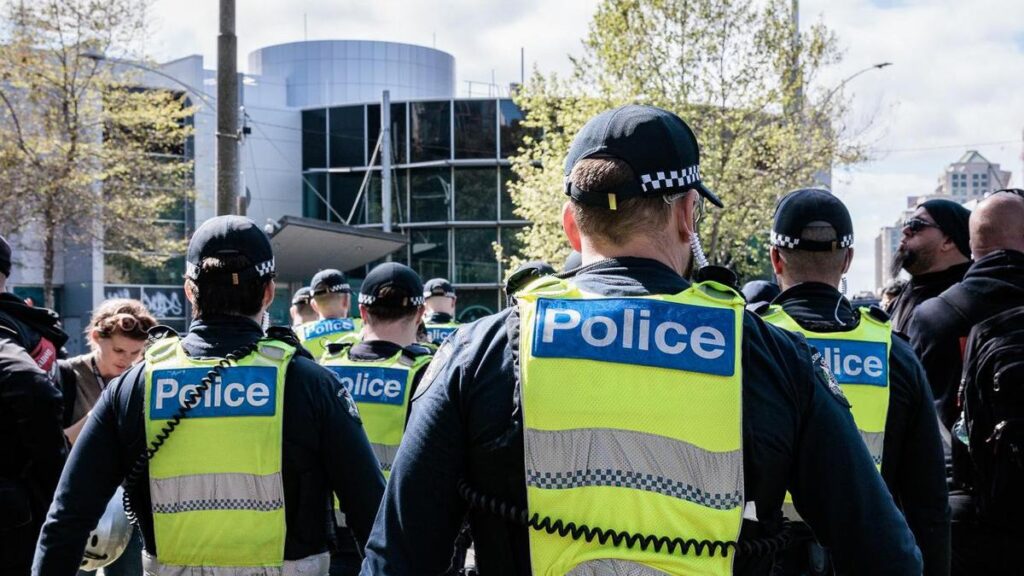
Major Australian cities are preparing for anti-immigration protests on Sunday afternoon, coinciding with counter-demonstrations. This planned action follows a recent anti-war march that temporarily closed the Sydney Harbour Bridge, highlighting ongoing societal tensions. Organisers of the “March for Australia” are advocating for an end to what they term “mass migration,” arguing that current immigration policies undermine national unity.
The rally’s promotional materials express concerns over increasing anti-Australian sentiments and the impacts of foreign conflicts on local communities. A statement on the event’s website claims that “mass migration has torn at the bonds that held our communities together.” Supporters have been encouraged to “take our country back” and “defend our culture.” The event has attracted attention from far-right groups on social media, with much of the rhetoric reflecting anti-migrant sentiments.
Despite claims of being free from extremist affiliations, the march has drawn scrutiny due to the involvement of Thomas Sewell, a self-identified neo-Nazi leader associated with the National Socialist Network. He announced on social media that his group would be attending the rally, stating, “We will be attending in good faith, in uniform and without masks.” Sewell indicated that the event organisers are open to groups that support their stance on immigration.
As of now, estimates for attendance remain modest, with Facebook events in Melbourne and Sydney showing fewer than 1,500 confirmed participants each. Protests are set to commence at 12:00 PM in the following locations:
– Melbourne: Flinders Street Station
– Sydney: Belmore Park in Haymarket
– Brisbane: Roma St Parklands
– Adelaide: Rundle Park
– Canberra: Captain Cook Memorial
– Perth: Supreme Court Gardens
– Hobart: Salamanca Lawns
– Darwin: Civic Centre
Counter-protests are anticipated in many of these cities, reflecting the divisive nature of the planned demonstrations.
The Australian government has publicly condemned the protests, emphasizing that multiculturalism is a fundamental aspect of national identity. Home Affairs Minister Tony Burke described the March for Australia as “un-Australian,” asserting that “there is no place in our country for people who seek to divide and undermine our social cohesion.”
Opposition leader Sussan Ley urged for a peaceful and respectful demonstration, stating, “In Australia, we protect the right to an opinion and the right to protest. But that must be done peacefully and respectfully.” Ley condemned any form of violence or intimidation, stressing the importance of maintaining social cohesion amidst rising tensions.
Support for the march has emerged from some politicians, including Queensland MP Bob Katter and Senator Pauline Hanson, who have expressed alignment with the event’s objectives.
Law enforcement agencies across the country are prepared for the protests, with police pledging to ensure public safety. NSW Acting Deputy Police Commissioner Paul McKenna mentioned that the police have collaborated closely with the event organisers, who have assured authorities of their commitment to a peaceful gathering.
The Australian Capital Territory (ACT) Police noted that they had no intelligence suggesting potential violence or criminal activity associated with the protests. They stated, “While the possible scale of the protests is unknown at this time, we will continue to monitor all available information and will respond appropriately.”
As the day of the protests approaches, the public remains divided, with both support and opposition to the march reflecting broader conversations about immigration and national identity in Australia.
